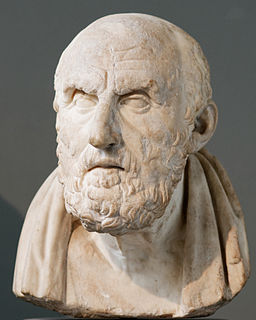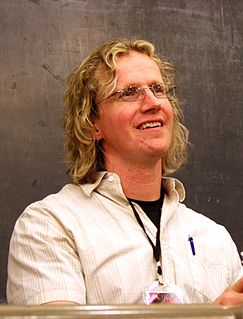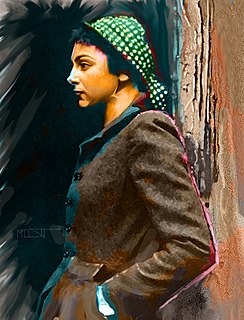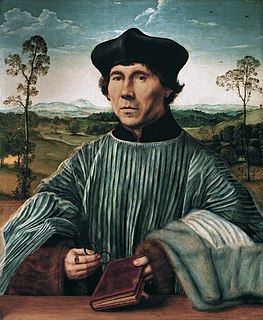A Quote by Chrysippus
The anchovy which is found in the sea at Athens, men despise on account of its abundance and say that it is a poor man's fish; but in other cities, they prize it above everything, even where it is far inferior to the Attic anchovy.
Related Quotes
We speak now or I do, and others do. You've never spoken before. You will. You'll be able to say how the city is a pit and a hill and a standard and an animal that hunts and a vessel on the sea and the sea and how we are fish in it, not like the man who swims weekly with fish but the fish with which he swims, the water, the pool. I love you, you light me, warm me, you are suns. You have never spoken before.
What is always overlooked is that although the poor want to be rich, it does not follow that they either like the rich or that they in any way want to emulate their characters which, in fact, they despise. Both the poor and the rich have always found precisely the same grounds on which to complain about each other. Each feels the other has no manners, is disloyal, corrupt, insensitive - and has never put in an honest day's work in its life.
The Spirit of Cities presents a new approach to the study of cities in which the focus is placed on a city's defining ethos or values. The style of the book is attractively conversational and even autobiographical, and far from current social science positivism. For a lover of cities--and perhaps even for one who is not--The Spirit of Cities is consistently good reading.
There are many kinds of richness, and the man who is rich because of money is the lowest as far as the categories of richness are concerned. Let me say it in this way: the man of wealth is the poorest rich man. Looked at from the side of the poor, he is the richest poor man. Looked at from the side of a creative artist, of a dancer, of a musician, of a scientist, he is the poorest rich man. And as far as the world of ultimate awakening is concerned he cannot even be called rich.
With his continual doctrine [Bishop Hooper] adjoined due and discreet correction, not so much severe to any as to them which for abundance of riches and wealthy state thought they might do what they listed. And doubtless he spared no kind of people, but was indifferent to all men, as well rich as poor, to the great shame of no small number of men nowadays. Whereas many we see so addicted to the pleasing of great and rich men, that in the meantime they have no regard to the meaner sort of poor people, whom Christ hath bought as dearly as the other.
...Let us discard all this quibbling about this man and the other man-this race and that race and the other race being inferior, and therefore they must be placed in and inferior position...Let us discard all these things, and unite as one people throughout this land, until we shall once more stand up declaring that all men are created equal.









































